Sometimes, you might look at your pet and wonder if they’re secretly plotting world domination. They seem to understand you in ways your human friends might not. Sure, your pals can hold a conversation, but there are moments when your pet’s intelligence really shines through. If you’ve ever found yourself questioning whether your furry (or scaly or feathery) companion might just be smarter than your circle of friends, you’re not alone. Let’s dive into some telltale signs that your pet might just be the real genius in your life.
1. They Have Insane Problem-Solving Skills

Have you ever watched your pet solve a problem and felt genuinely amazed? Maybe your dog figured out how to open the kitchen door, or your cat knows how to reach their favorite treats no matter where you hide them. Animals are often great problem-solvers, exhibiting a kind of intelligence that lets them navigate their world with surprising skill. A study by the University of Exeter found that dogs were more likely to solve complex problems when they observed a demonstration first, showing their ability to learn and adapt. Next time your pet outsmarts a tricky situation, you might find yourself questioning if they could handle a Sudoku puzzle just as easily.
The sense of achievement you see when your pet cracks these puzzles is priceless. Your friends may struggle with locking themselves out of their house, while your pet figures out how to open locks. When your pet learns how to lift a latch or push a button for a reward, it reveals their ability to understand cause and effect, a hallmark of intelligence. This behavior also shows their motivation to learn—a key factor in problem-solving. So, if your pet starts to master these challenges with ease, maybe it’s time to admit they have a knack for brainy tasks.
2. Their Memory Rivals An Elephant’s
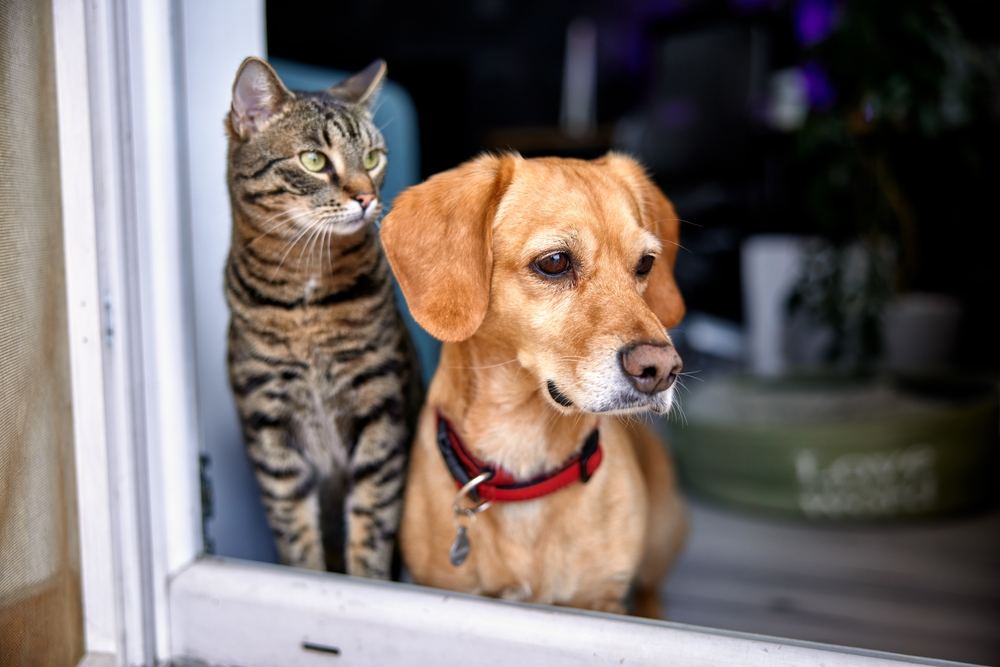
You might forget where you’ve put your keys half the time, but your pet seems to remember every single hiding spot for snacks and toys. Their ability to recall past events and use that information to make decisions is impressive. If your pet remembers the exact time you usually get home from work and waits by the door, it’s a clear sign of their strong memory. This ability to remember patterns and routines shows your pet can analyze past experiences and predict future actions. It’s pretty eye-opening when your pet remembers things better than you or your friends do.
Consider how your pet gets excited every time you approach their favorite park, even if it’s been weeks since your last visit. This is not just a coincidence—it’s a demonstration of their impressive memory and ability to associate different environments with positive experiences. While your friends might need reminders about meeting up, your pet exhibits an undying loyalty to routines and memories. This not only shows intelligence but also an emotional connection to experiences. So, the next time your pet astounds you with their memory, it might be worth taking a few notes for yourself.
3. They Have Good Communication Skills

Your pet may not speak your language, but they communicate in ways that are just as effective, if not more so. Whether it’s through barking, purring, or even just those knowing looks, pets have a unique way of making themselves understood. Dr. Francine Dolins from the University of Michigan explains that animals have evolved complex ways of communicating that are often overlooked by humans. By interpreting your pet’s body language and vocalizations, you can see how they express needs, emotions, and even opinions. It’s almost like they have their own language that’s just waiting to be decoded.
Unlike some friends who use too many words to say too little, your pet gets straight to the point. If they’re hungry, they’ll make sure you know. If they’re not happy, their behavior will make it clear. This candidness can be refreshing compared to some human interactions where reading between the lines is necessary. The straightforward communication style of pets doesn’t just demonstrate their intelligence but highlights their honest, no-nonsense approach to life. It might make you rethink how you communicate with others.
4. They Understand Human Emotions
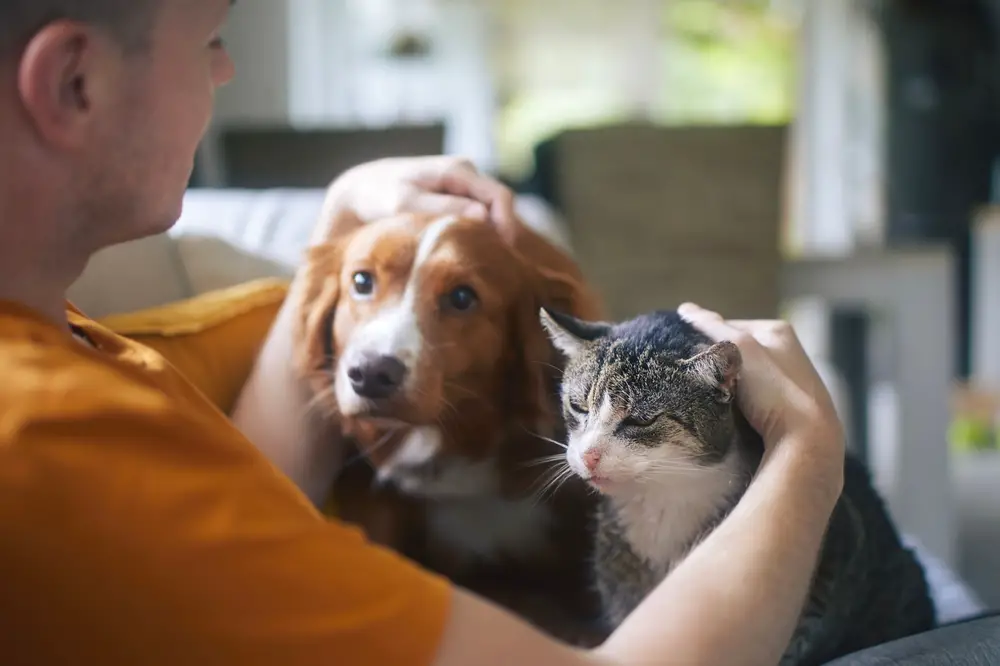
Ever notice how your pet always seems to know when you’ve had a bad day? They might come over to comfort you, offering a snuggle or a comforting paw. This isn’t just a fluke—studies have shown that many animals are incredibly adept at reading human emotions. They can pick up on subtle cues like changes in your voice or body language. This emotional intelligence allows them to respond appropriately, showing empathy in a way that sometimes even your closest friends might miss.
In many cases, pets seem to have an uncanny ability to lift your spirits when you’re feeling down. This emotional connection isn’t just about reading your moods; it’s about them genuinely caring and wanting to help. Pets have been known to lower stress levels and provide comfort during tough times, acting as an emotional support system. Unlike some friends who might not always notice you’re upset, your pet will often provide silent companionship when you need it most. It’s this intuitive understanding that makes a pet’s emotional intelligence so remarkable.
5. They Adapt To New Situations

Life throws all sorts of curveballs, and your pet often handles them with surprising ease. Whether it’s moving to a new home or adjusting to a new schedule, pets frequently display an impressive adaptability. Research by Dr. Alexandra Horowitz at Barnard College indicates that dogs, in particular, are capable of adjusting to new environments and routines more quickly than many people. This flexibility shows a level of intelligence that relies on learning, unlearning, and relearning. It’s a trait that many people, especially those resistant to change, might envy.
Your pet’s ability to adapt isn’t just about their environment—it’s also about their interactions with other animals and people. Even when meeting new friends or encountering different situations, pets tend to find a way to fit in. They’re experts at reading the room and modifying their behavior accordingly. While your friends might take time to warm up to new situations, your pet often jumps right in. This shows not only intelligence but also a willingness to embrace change with open paws.
6. They Recognize Themselves In The Mirror
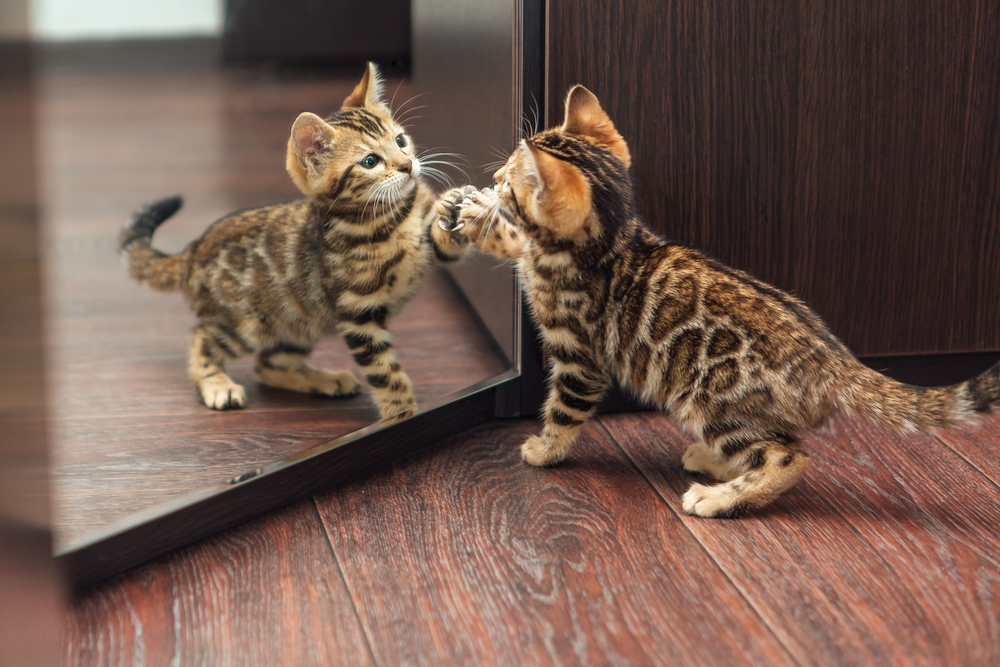
One classic test of intelligence is whether an animal can recognize itself in a mirror. While not all pets might pass this test, those that do show an advanced level of self-awareness. This self-recognition is indicative of the animal’s understanding of itself as a separate entity, a cognitive skill that many animals don’t possess. It’s a small but powerful sign that your pet might have more going on upstairs than you initially thought. If your pet passes the mirror test, they’re in the company of some pretty intelligent creatures, including certain primates and dolphins.
Even if your pet doesn’t pass the mirror test, their reactions to reflections can still be telling. Some pets might see their reflection as another animal and react accordingly, showcasing their instincts and social skills. Others might ignore the reflection, having deemed it irrelevant to their world. This behavior highlights an understanding of their immediate environment and what merits their attention. Whether they pass or not, their reactions can be a fascinating insight into their thought processes.
7. They Can Follow Complex Commands

Training a pet to follow commands isn’t just about teaching them tricks; it’s a testament to their ability to understand and process information. Many pets can learn complex sequences of commands, showcasing an ability to remember and follow intricate instructions. According to Dr. Stanley Coren, a professor emeritus at the University of British Columbia, dogs have the intellectual capacity to understand up to 165 words and signals. This kind of intelligence puts them on par with a two-year-old child, making their ability to follow commands all the more impressive. When your pet can perform these tasks, it’s a clear indication of their learning and comprehension skills.
These skills go beyond simple obedience and highlight a pet’s eagerness to please and cooperate. They demonstrate a level of cognitive processing that involves listening, interpreting, and executing tasks. Your pet’s ability to learn and execute these commands can often surpass the average attention span of your friends. While your human companions might struggle to remember a grocery list, your pet flawlessly executes a series of commands. This ability to focus and deliver on complex tasks showcases their impressive mental agility.
8. They Navigate The Digital World

In today’s digital age, it’s not uncommon for pets to interact with technology. Whether it’s swiping at a tablet or responding to a video call, some pets show a surprising knack for understanding digital interfaces. This interaction with technology demonstrates their adaptability and willingness to engage with new forms of stimuli. It might seem trivial, but it’s a modern indicator of intelligence when your pet can navigate an app more successfully than some humans. Watching your pet interact with a screen can be both amusing and revealing about their cognitive abilities.
Even if your pet doesn’t actively engage with technology, their reaction to it is still telling. Some pets might show curiosity while others remain indifferent, highlighting their ability to discern what’s worth their attention. If they do engage, it’s often with the same enthusiasm and curiosity they would show for a live toy or game. This adaptability to the digital world shows an ability to interpret new types of information. It’s another sign that your pet might just be keeping pace with the modern world in their own unique way.
9. They’re Social With Other Animals
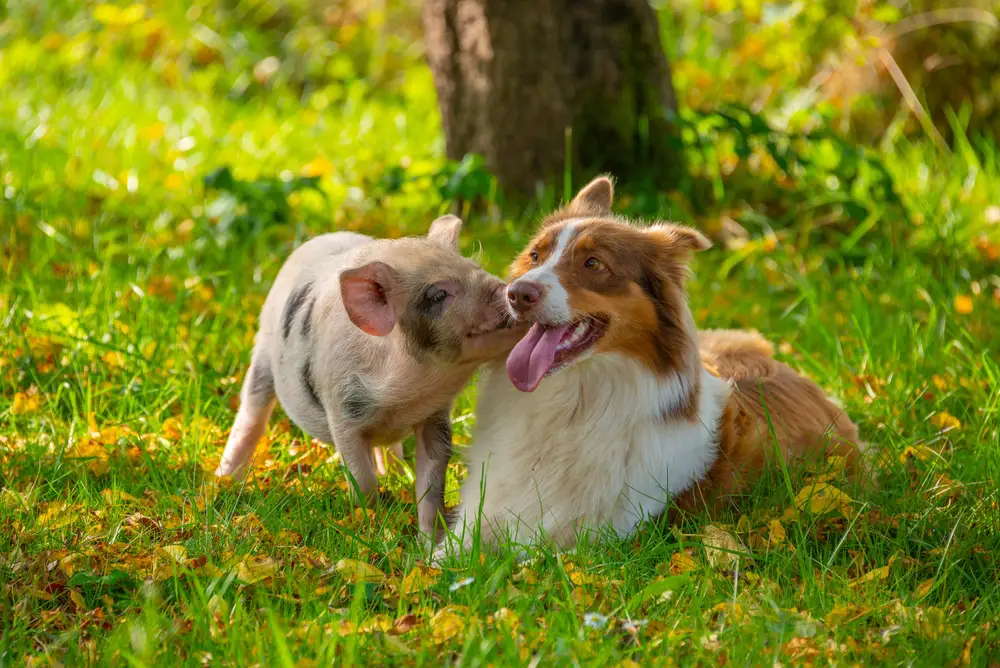
Your pet’s ability to get along with other animals is a testament to their social intelligence. Being able to read social cues, establish hierarchies, and form friendships with other pets showcases their interpersonal skills. This social prowess is reminiscent of how humans navigate social situations, using intelligence to understand and respond to others appropriately. Unlike some people who struggle with social interactions, your pet often excels in forming bonds and understanding social dynamics. It’s this ability to connect with others that highlights a level of intelligence that’s often underestimated.
Observing your pet interact with others can teach you a lot about their social strategies. They might use play, grooming, or vocalizations to establish relationships, showing a sophisticated understanding of social norms. Their interactions often reveal an ability to negotiate, compromise, and sometimes manipulate social situations to their advantage. This social intelligence is as important as any other form of intelligence, demonstrating an ability to thrive within a social network. If your pet is a social butterfly, it’s a clear sign of their keen social awareness.
10. They’re Creative In Play
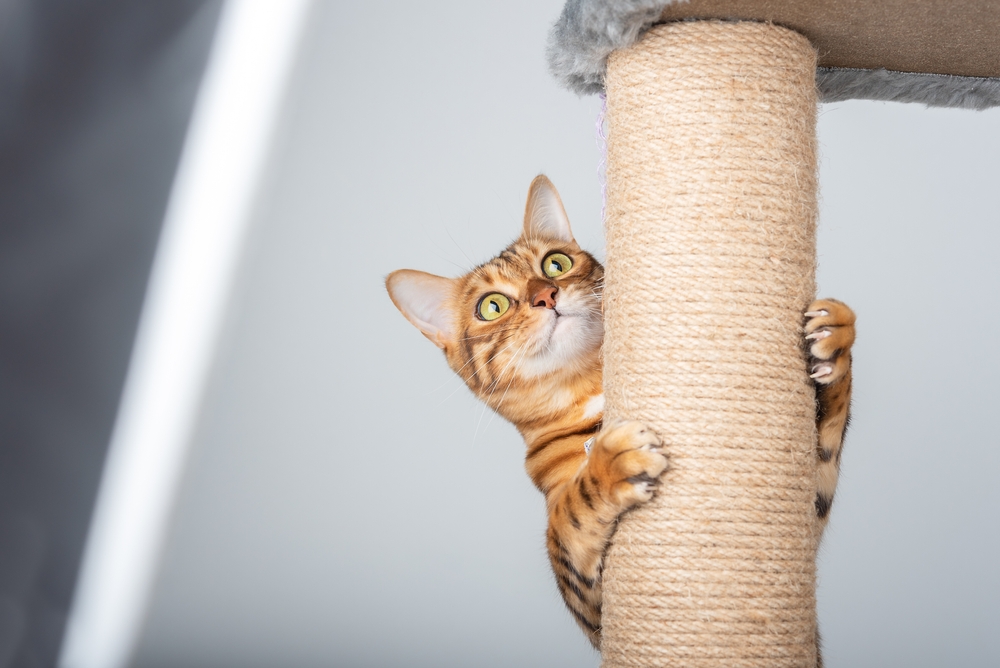
Pets often display creativity in the way they play, showing that they can think outside the box. Whether it’s inventing new games or repurposing objects as toys, your pet’s playful nature can be a sign of their innovative thinking. This creativity is a form of intelligence that involves problem-solving, imagination, and adapting to new experiences. Watching your pet come up with new ways to entertain itself is a reminder of their mental agility. It’s an ability that even your most imaginative friends might envy.
The way your pet uses creativity in play isn’t just about having fun; it’s also about exploring their environment and learning from it. This kind of exploratory play helps them develop cognitive skills and adapt to their surroundings. By observing how your pet plays, you can gain insight into their problem-solving strategies and innovative thinking. This creative approach to play demonstrates a level of curiosity and intelligence that can sometimes surpass human creativity. If your pet can entertain itself with the simplest of objects, it’s a testament to their imaginative capacity.
11. They Have A Sense Of Direction
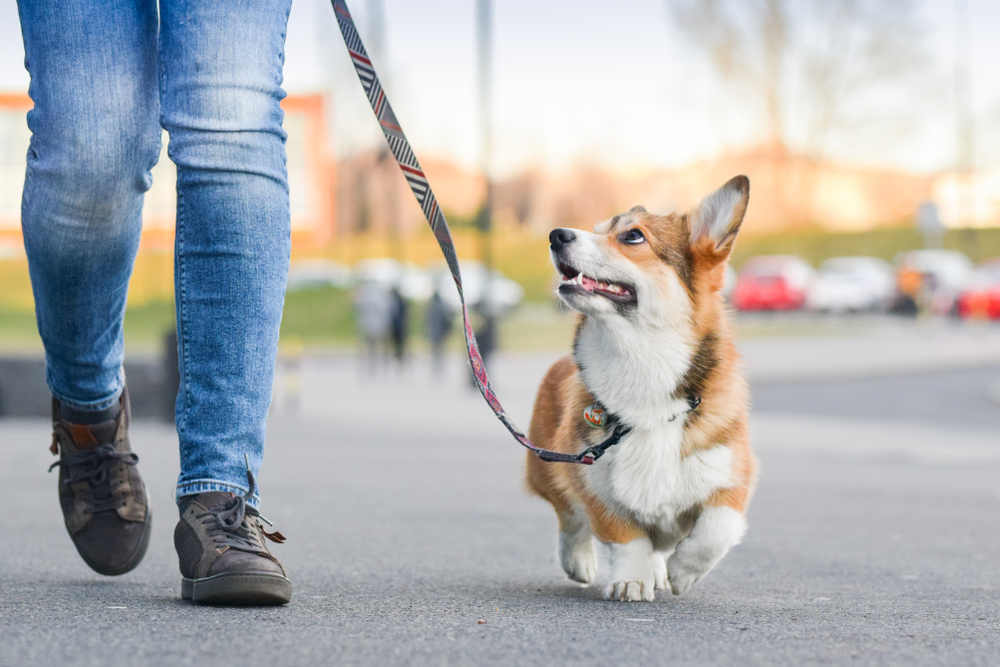
Ever wonder how your pet always seems to know the way back home, even when you take a new route? Their remarkable sense of direction is another indicator of their intelligence. This ability to navigate complex environments shows they can process spatial information effectively. Unlike some friends who might get lost in their own neighborhood, your pet demonstrates a keen awareness of their surroundings. This spatial intelligence is a crucial aspect of their everyday life.
Your pet’s ability to find their way home or locate familiar places is not just instinctual but involves memory and recognition. They use landmarks, scents, and sometimes even the position of the sun to find their way. This skill is a combination of learned behavior and natural ability, highlighting their adaptability. While your pals might rely on GPS, your pet has an innate ability to navigate their world. It’s a subtle yet profound reminder of their cognitive strengths.
12. They Anticipate Your Needs

Pets often seem to anticipate your needs before you even express them. They might bring you a toy when they sense you’re stressed or sit by the door when it’s time for a walk. This anticipatory behavior demonstrates their ability to read situations and predict outcomes. It’s a form of practical intelligence that relies on observation and understanding. When your pet seems to know what you need before you do, it’s a testament to their perceptive nature.
This skill is not just about being in tune with your habits; it’s about understanding the context of a situation. Pets often pick up on subtle cues that even your closest friends might miss. This ability to predict behavior implies a level of intelligence that involves emotional and situational awareness. It highlights their role as attentive companions who are deeply connected to your world. If your pet consistently anticipates your needs, it’s a clear sign of their empathetic intelligence.
13. Understanding Complex Emotions
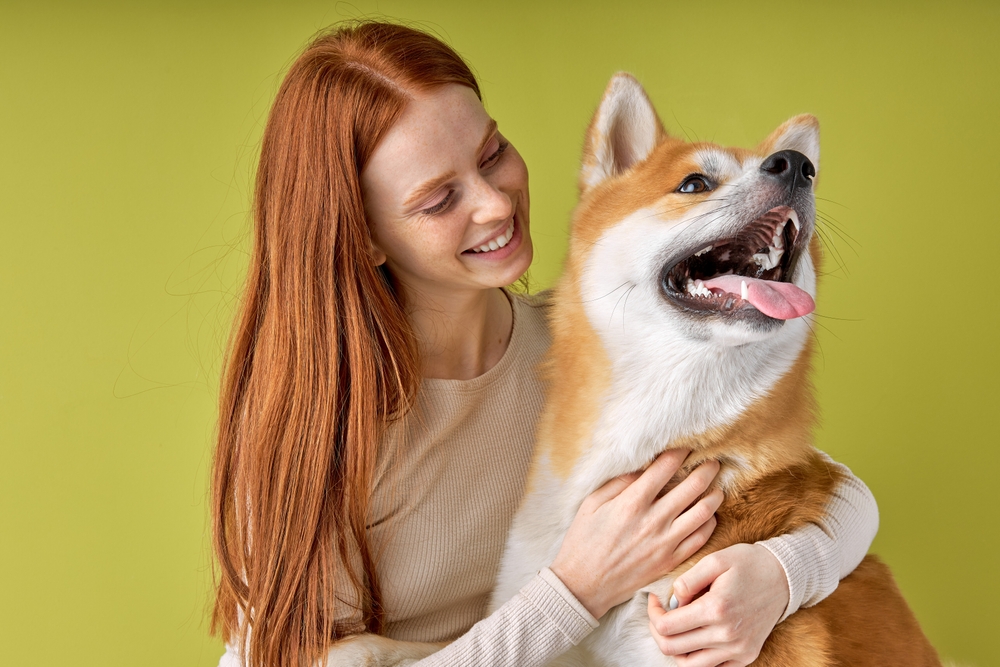
Pets have a way of understanding complex emotions that can sometimes rival human intuition. They sense when you’re happy, sad, or somewhere in between, often reacting in ways that show empathy and support. This emotional intelligence is a sophisticated form of cognitive ability that involves recognizing and interpreting emotional cues. Unlike some friends who might miss these signals, your pet is often acutely aware of your emotional state. It’s this deep emotional connection that makes your pet a truly intelligent companion.
Their ability to understand emotions goes beyond simple observation; it’s about forming emotional bonds. Pets often respond to emotional cues with comforting behaviors, acting as a support system during tough times. This emotional awareness indicates a level of intelligence that is both intuitive and learned. It’s one of the many ways your pet demonstrates their role as an empathetic and caring presence in your life. If your pet consistently understands and responds to your emotions, it’s a profound testament to their emotional intelligence.
